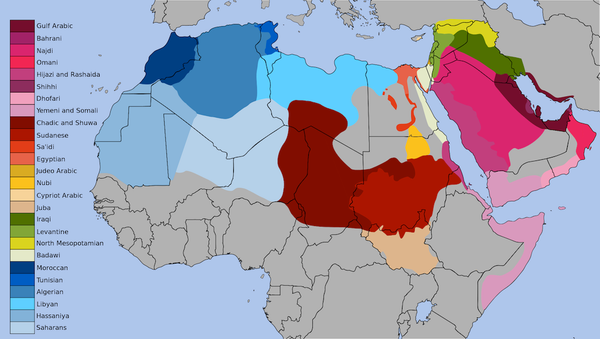Catastrophe and Consequence
What is happening in Iraq is a catastrophe, but not a sudden one. The violence in Iraq has been worsening steadily over the last few years. And more to the point, today’s crisis is the consequence of failed policies and failed politics -- national, regional and international -- years and even decade
•
3 min read

